Something curious has been happening lately. During calls with our Leadership Development cohorts, Erin and I always talk about the benefits of using the phrase, “I expect …” to clearly communicate about things like roles and responsibilities or to give meaningful feedback during one-on-one sessions. These two words are a powerful, effective communication tool, which is why we’re adding them to our list of top 10 phrases every manager should use.
Unexpected reactions to “I expect”
So, when we noticed cohort members struggling to say, “I expect,” we were surprised. Even during a role-play activity directly following a discussion about these important words, participants avoid them like they were a tongue-twisting peck of pickled peppers.
We asked, what gives? The responses were a variation on a theme:
“Saying ‘I expect’ sounds too harsh … too aggressive … too formal/forceful/demanding …”
Message received. But here’s why we still have great expectations for “I expect”—and why it can be a communication game-changer.
Give the gift of clear communication
It doesn’t take a deep analysis to see why “I expect” can open up a statement or conversation that’s clear and to the point. The words also remove any blurriness between the intention and the impact of what you’re saying. Given that the vast majority of workers think their organization is failing when it comes to effective communication, leaders must do everything they can to amp up their skills in this area—STAT.
Because, as author and financial advisor Dave Ramsey puts it, “Poor communication … is good for one thing: Killing your team’s unity and momentum.” Good communication, on the other hand, keeps employees engaged, motivated, and on track to help your business succeed.
Take “I expect” for a spin
With this in mind, you can bet we were thrilled when one of our cohort members made a confession. After hearing us heap praise on this phrase, this manager decided to give “I expect” a try. Although it made him nervous and uncomfortable, he intentionally made “I expect” statements during a feedback session with one of his employees. At first, he regretted it—did he sound too harsh? But his concerns were quickly assuaged when he heard, through the workplace grapevine, how much the employee appreciated having a clear, direct, and action-oriented conversation.
On a personal note, I also got an unexpected reminder about the negative impacts of poor communication. My nephew, a dedicated hockey player, asked his coach one hockey season what he could do to improve. They told him, “Keep doing what you’re doing. Just play your game.”
Talk about unclear feedback. What do you do with such vague responses? What do you do more of? What do you change? The coaches missed the opportunity to help an eager young athlete grow and improve.
In life, clear is kind. In business, it’s a whole lot more
Author and researcher Brene Brown talks about how being clear is “kind,” while being unclear is “unkind.” Certainly, my nephew would have benefited from the “kindness” of meaningful constructive feedback and tips from his coaches. In business, clearly communicating your expectations about all aspects of the organization—from big-picture goals and objectives to individual contributions from sales associates or drivers—helps everyone feel a sense of job satisfaction, loyalty, and pride. So, is saying “I expect” a not-so-random act of kindness? Maybe. Is it a sign of great leadership? Definitely.
We help businesses develop strong leaders who know how to drive productivity and retention by recognizing employees and giving clear, meaningful feedback. Email Erin to learn about our customized services and our Leadership Transformation program.


